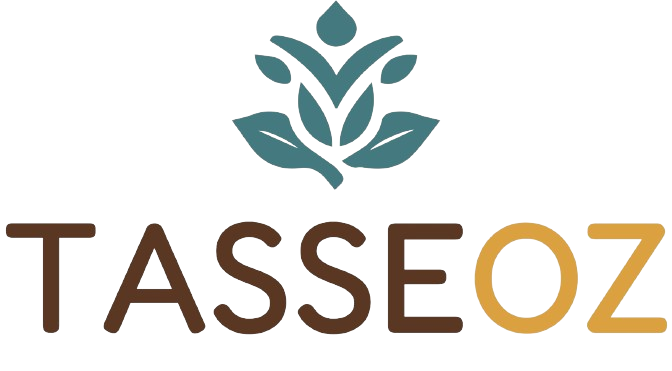When we hear the word investment, most of us think of money, stocks, or property. But the most valuable investment you can make is in yourself. Unlike financial assets, the returns on self-investment come in the form of health, resilience, focus, and joy—and they only grow stronger with time.
Here are seven powerful ways to start investing in yourself, supported by research:

Continuous Learning
Lifelong learning keeps the brain agile and improves adaptability. A study by Schaie (2013) shows that continuous intellectual engagement is linked to better cognitive functioning in later life. Even small habits—reading, online courses, or learning a new skill—can sharpen focus and expand opportunities.

Healthy Living
Physical activity and nutrition are the foundation of long-term health. Research by Warburton & Bredin (2017) found that regular exercise reduces the risk of chronic disease, enhances mood, and improves life expectancy. Similarly, diets rich in plant-based foods and spices have been associated with anti-inflammatory and cardiovascular benefits (Li et al., 2019).

Good Sleep
Sleep is not just rest—it’s active recovery. Walker (2017) highlights that adequate sleep improves memory consolidation, decision-making, and emotional regulation. Poor sleep, on the other hand, increases risks of obesity, diabetes, and cardiovascular disease. Treating sleep as a daily investment pays off across every aspect of life.

Building Relationships
Strong social ties are one of the most consistent predictors of health and longevity. The Harvard Study of Adult Development, one of the longest-running studies of its kind, concludes that meaningful relationships contribute more to happiness and well-being than wealth or fame (Waldinger & Schulz, 2010). Investing in community, networking, or simply nurturing friendships creates invaluable returns.

Mental Well-being
Mindfulness and stress management directly influence productivity and health. Kabat-Zinn’s (2003) research on mindfulness-based stress reduction shows significant improvements in anxiety, depression, and overall resilience. Taking a few minutes daily for meditation, journaling, or mindful breathing can make a measurable difference.

Travel and Experiences
Experiences shape identity and broaden perspective. Research by Gilovich, Kumar, & Jampol (2015) found that people derive more lasting happiness from experiences than from material possessions. Travel, cultural exploration, or even small adventures provide growth and meaningful memories that become part of who we are.

Personal Reflection
Reflection builds self-awareness and helps align actions with goals. Studies show that journaling and expressive writing can reduce stress, improve problem-solving, and strengthen emotional regulation (Pennebaker & Chung, 2011). Regularly pausing to review progress and set intentions is like adjusting the compass on your personal growth journey.
Final Thought
Investing in yourself doesn’t require wealth or luck—just intention and consistency. Each small step compounds into greater well-being, sharper focus, and deeper joy. Like any investment, the earlier you start, the richer the rewards will be.
References
-
Gilovich, T., Kumar, A., & Jampol, L. (2015). A wonderful life: Experiential consumption and the pursuit of happiness. Journal of Consumer Psychology, 25(1), 152–165.
-
Kabat-Zinn, J. (2003). Mindfulness-based interventions in context: Past, present, and future. Clinical Psychology: Science and Practice, 10(2), 144–156.
-
Li, Y., Hruby, A., Bernstein, A. M., Ley, S. H., Wang, D. D., Chiuve, S. E., … & Hu, F. B. (2019). Saturated fats compared with unsaturated fats and sources of carbohydrates in relation to risk of coronary heart disease. Journal of the American College of Cardiology, 73(4), 553–566.
-
Pennebaker, J. W., & Chung, C. K. (2011). Expressive writing: Connections to physical and mental health. Oxford Handbook of Health Psychology, 417–437.
-
Schaie, K. W. (2013). Developmental influences on adult intelligence: The Seattle Longitudinal Study. Oxford University Press.
-
Waldinger, R. J., & Schulz, M. S. (2010). The long reach of nurturing family environments: Links with midlife emotion-regulatory styles and well-being. Journal of Personality and Social Psychology, 99(1), 115–124.
-
Walker, M. (2017). Why We Sleep: Unlocking the Power of Sleep and Dreams. Scribner.
-
Warburton, D. E., & Bredin, S. S. (2017). Health benefits of physical activity: A systematic review of current systematic reviews. Current Opinion in Cardiology, 32(5), 541–556.


